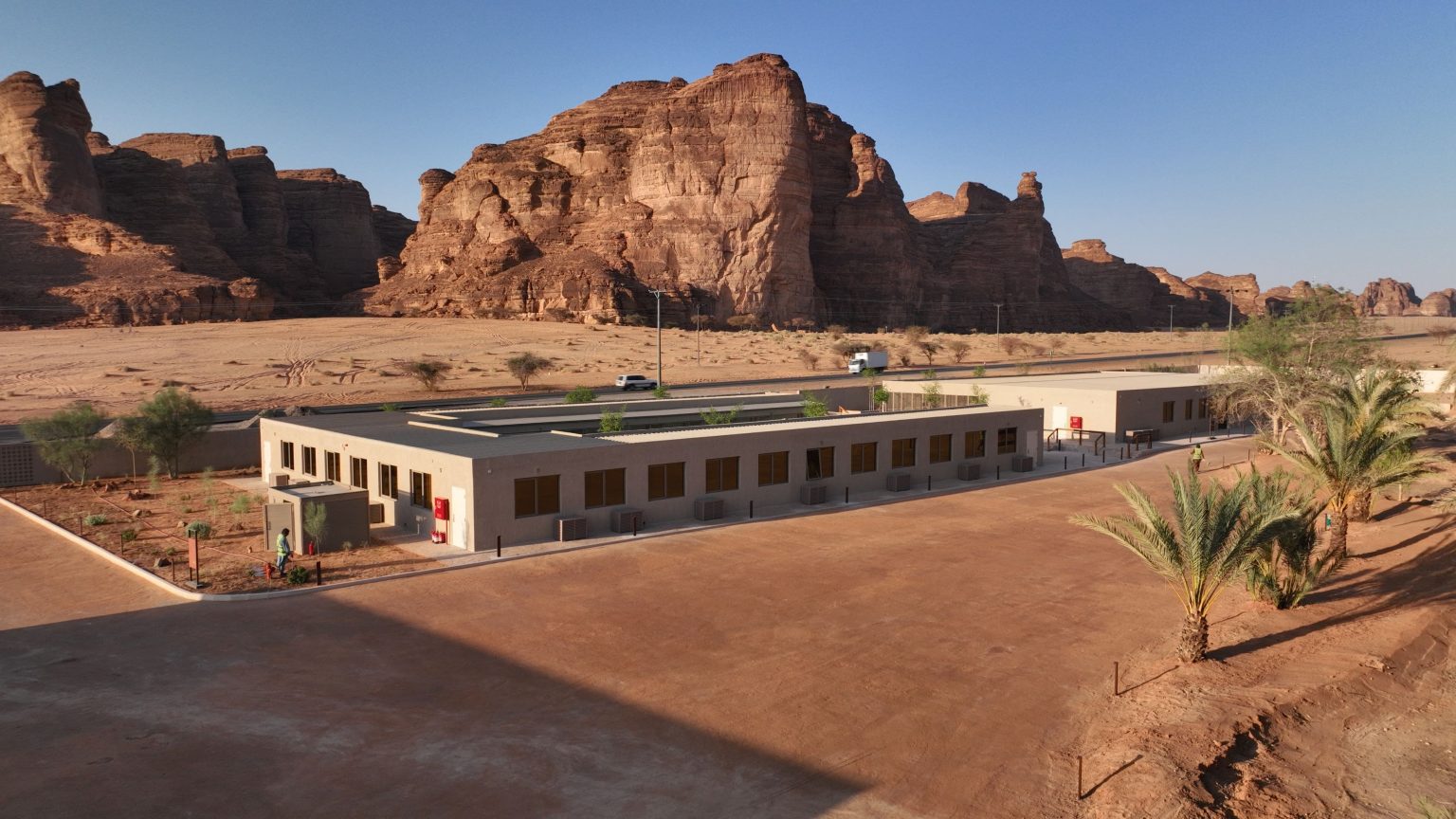- County-wide programme will establish the Royal Commission for AlUla as the first government sector entity in Saudi Arabia to launch a holistic animal welfare programme
- Facilities will include a Trap-Neuter-Vaccinate-Return clinic to manage stray populations, reduce diseases, and promote humane care
- Two new animal sanctuaries – the Canaan Dog Sanctuary and the Arabian Mau Sanctuary – will feature shelter facilities for stray dogs and cats, provide veterinary care, and encourage adoption by members of the community where possible
AlUla, Saudi Arabia-: The Royal Commission for AlUla (RCU) has launched a new animal welfare programme to improve the welfare of domestic animals while also humanely controlling the population of free-roaming cats and dogs that live in and around the County.
Designed as a model initiative for future KSA-wide animal welfare projects, RCU has opened a new AlUla Animal Welfare Center to provide essential veterinary services for the cats and dogs of AlUla. The facility will play a vital role in the community to address the stray animal overpopulation, through the practice of proper animal care, a Trap-Neuter-Vaccinate-Return (TNVR) clinic, and the promotion of an adoption programme.
The TNVR clinic, which will begin operations in September, is an important tool in managing and reducing the population size of free-roaming dogs and cats, while also improving their health and welfare. Once neutered or spayed, vets at the clinic will treat cats and dogs for a variety of conditions and common diseases, including parasites that can negatively impact their quality of life, before being released to a safe location.
A humane animal welfare project, the programme echoes the long-standing history of animals being cared for, domesticated and integrated into people’s everyday lives in AlUla.
Last year, a team of Saudi and international archaeologists unearthed some of the earliest ever evidence of the domestication of dogs in Arabia while carrying out excavations in AlUla.
Scientists discovered 26 pieces of dog bones buried along with the remains of around 11 people, all dating back to the 5th and 4th millennia BCE. Signs of arthritis on the animal remains showed that they lived side by side with people for many years in a pet-owner relationship.
Fully aligned with RCU’s ongoing commitment to improve the quality of life in AlUla for residents while also protecting its natural environment, the programme aims to drive awareness of animal welfare issues among the community, fostering positive attitudes established in Islamic teachings toward animals.
Educational sessions involving community members will form an integral part of the animal welfare programme, with residents able to learn more about its goals and long-term objectives across AlUla.
TNVR projects have been proven to be the most effective way to control populations of stray dogs and cats living in urban areas by reducing the number of young born each year and stemming the transmission of infections and diseases between animals.
New adoption programmes, which will be run from the Canaan Dog Sanctuary and the Arabian Mau Sanctuary, will allow members of the AlUla community to take home animals once they have been neutered or spayed, vaccinated, and examined by vets, who will also be on hand to offer expert care to domestic animals and pets.
Yasmin Akkad, senior specialist of Animal Welfare at RCU, said: “The new animal welfare programme is an important step in RCU’s goal to improve people’s quality of life in AlUla while also humanely tackling the problems caused by the overpopulation of stray cats and dogs. People have always enjoyed a close relationship with animals in AlUla, with a history that stretches through the millennia.
“By providing our community with the best international standard veterinary services and the introduction of our TNVR programme, we will positively impact the population of free-roaming dogs and cats in AlUla by reducing their numbers and improving their quality of life. We also hope that this new programme will promote a greater understanding of animal welfare issues, provide improved veterinary care for people’s pets, and encourage the responsible adoption of cats and dogs by members of the community.”




